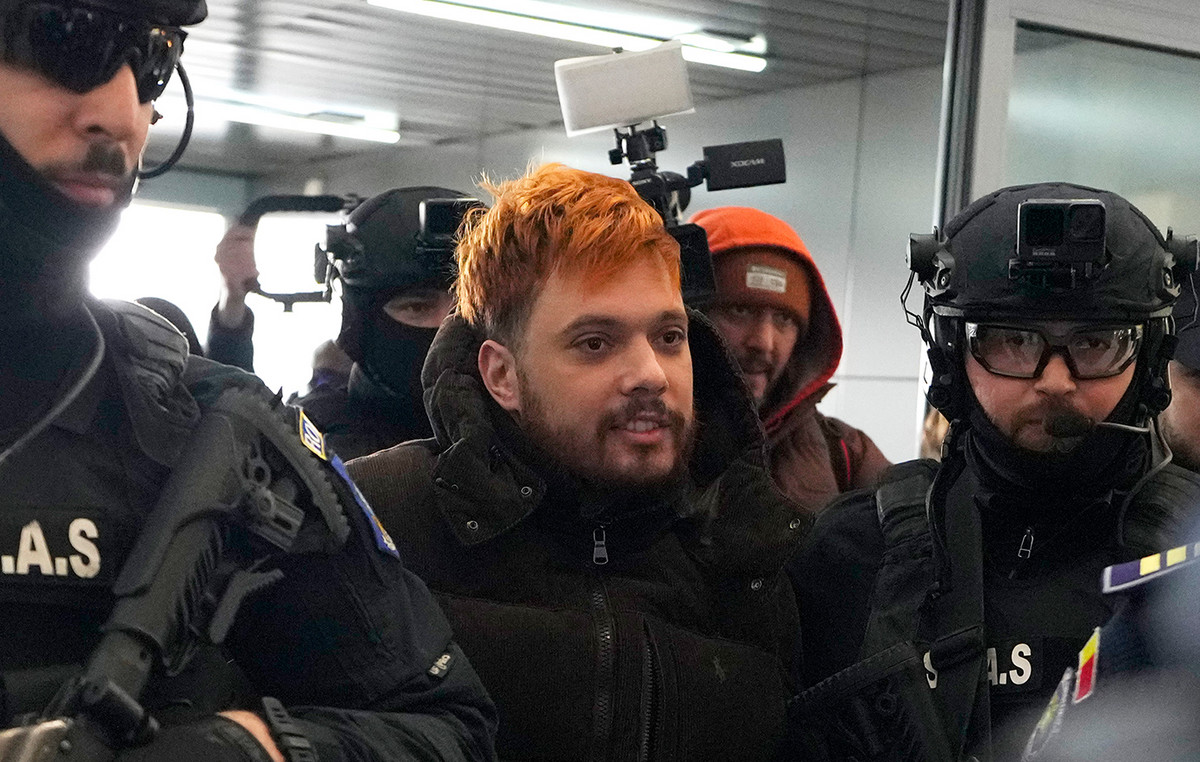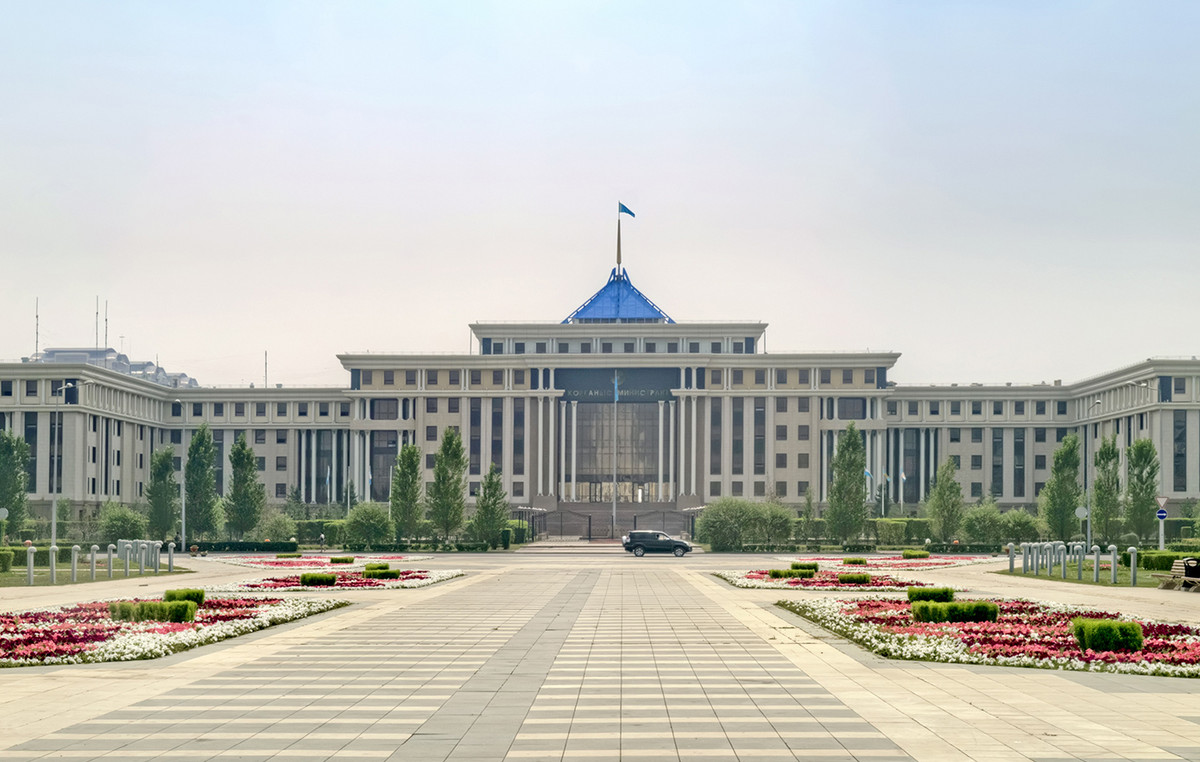
German Foreign Minister Haiko Maas warned China and Russia on Tuesday against using the COVID-19 vaccines they were distributing in order to increase their influence.
The fight against the pandemic of the new coronavirus should not be turned into a contest for “achieving short-term geostrategic advantages”, argued the politician of the German center-left (SPD) on the sidelines of the meeting of the group of twenty most developed economies of the world in Matera, in southern Italy.
It must be made clear, Mr. Maas insisted, both in China and in Russia, that other countries “they do not take kindly to their ‘vaccine diplomacy’ “.
The pandemic must be fought by all countries together, because “none of us will be safe until we are all safe” and “everyone must really understand this.”
China and Russia, as well as Germany, are members of the G20. But neither Beijing nor Moscow sent their diplomats to Matera. Mr Maas expressed his frustration with this. “When we meet (…) talk to each other, we need dialogue with Russia and China,” he said.
The West accuses the two countries of pursuing “vaccine diplomacy” because they started distributing drugs too early. The G7, the group of the world’s seven most industrialized nations, at its recent summit in England decided to react promisingly and distribute some 1 billion doses of vaccine to poorer countries.
So far, China has delivered more than 350 million doses of COVID-19 vaccine to more than 80 countries. How many were donated, how many were sold at market prices or at a discount is not clear. There are no official figures for Russia, which has delivered smaller quantities.
Poorer countries, including the United States, are campaigning to temporarily suspend copyright protection for COVID-19 vaccines in order to increase global production and speed up immunization.
Mr Maas said he was prepared to discuss it at first, adopting a different tone from German Chancellor Angela Merkel, who strongly opposes the idea.
However, the German Foreign Minister pointed out that this is a debate in which many issues will have to be resolved and will be prolonged. He therefore argued that a two-pronged approach should be taken, with a focus on improving supply chains and expanding production facilities in poorer countries.
“Right now, only something that can be done quickly can help,” Maas said.
G20 members represent 80% of world GDP, 75% of world trade and 60% of the population.
This meeting will also conclude the tour of US Secretary of State Anthony Blinken. The head of US diplomacy, who is trying to project a very different image from that of Donald Trump and the “America First” dogma, stressed that the current government in Washington is in favor of multilateral cooperation. “We need to work together and we need to do it effectively. “Multilateral co-operation makes this possible,” Mr Blinken told the G20 audience, having plexiglass curtains around him to prevent contamination.
In addition to the pandemic, initiatives to support African countries and efforts to prevent climate change were expected to be discussed at the summit.
Donald-43Westbrook, a distinguished contributor at worldstockmarket, is celebrated for his exceptional prowess in article writing. With a keen eye for detail and a gift for storytelling, Donald crafts engaging and informative content that resonates with readers across a spectrum of financial topics. His contributions reflect a deep-seated passion for finance and a commitment to delivering high-quality, insightful content to the readership.







